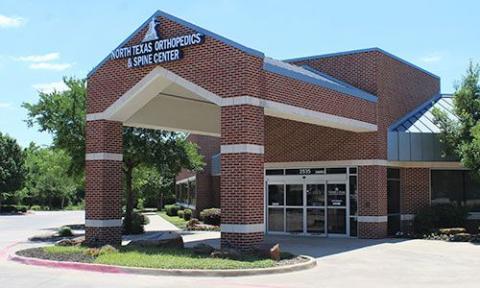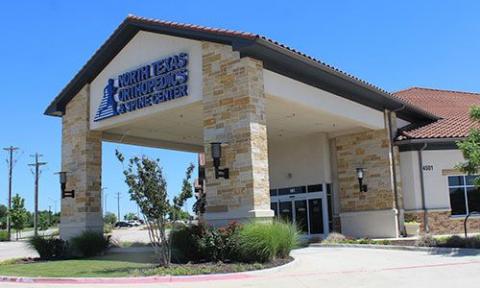A shoulder fracture is a serious injury that can significantly impact your daily life and mobility. This type of fracture involves a break in one or more of the three bones that make up the shoulder joint: the clavicle (collarbone), the proximal humerus (upper arm bone), or the scapula (shoulder blade). Let’s delve into the details of shoulder fractures, exploring their types, causes, symptoms, and treatment options.

There are three main types of shoulder fractures, each involving a different bone in the shoulder complex:
Shoulder fractures are almost always caused by sudden, forceful impacts to the shoulder area. Common causes include:
Certain factors can increase the risk of shoulder fractures:
Recognizing the symptoms of a shoulder fracture is crucial for seeking timely medical attention. Common signs include:
If you suspect a shoulder fracture, it’s essential to seek medical evaluation promptly. Diagnosis typically involves:
Healthcare providers will classify the fracture as either displaced (bone fragments moved out of alignment) or non-displaced (bone fragments remain in proper position).
The treatment approach for shoulder fractures depends on the type and severity of the fracture, as well as the patient’s age and overall health. Treatment options include:
Conservative Treatment:
Surgical Treatment:
For more severe or displaced fractures, surgery may be necessary. Surgical options include:
Recovery time for shoulder fractures can vary significantly depending on the type and severity of the fracture, as well as the chosen treatment method. Generally, it takes about four months for many shoulder fractures to heal with non-surgical treatment.
The typical recovery timeline includes:
Full recovery can take up to a year, especially for more severe fractures or those requiring surgical intervention.
While not all shoulder fractures can be prevented, you can reduce your risk by:
In conclusion, shoulder fractures are serious injuries that require prompt medical attention and proper treatment. Understanding the types, symptoms, and treatment options can help you make informed decisions about your care. With appropriate treatment and rehabilitation, most people can recover well from shoulder fractures and regain function in their affected arm. Remember, if you suspect a shoulder fracture, seek medical attention immediately to ensure the best possible outcome.
See why our patients love our physicians, quality of care, and amazing results.
*Based on Independent Market Research


© 2024, North Texas Orthopedics & Spine CENTER. All rights reserved.